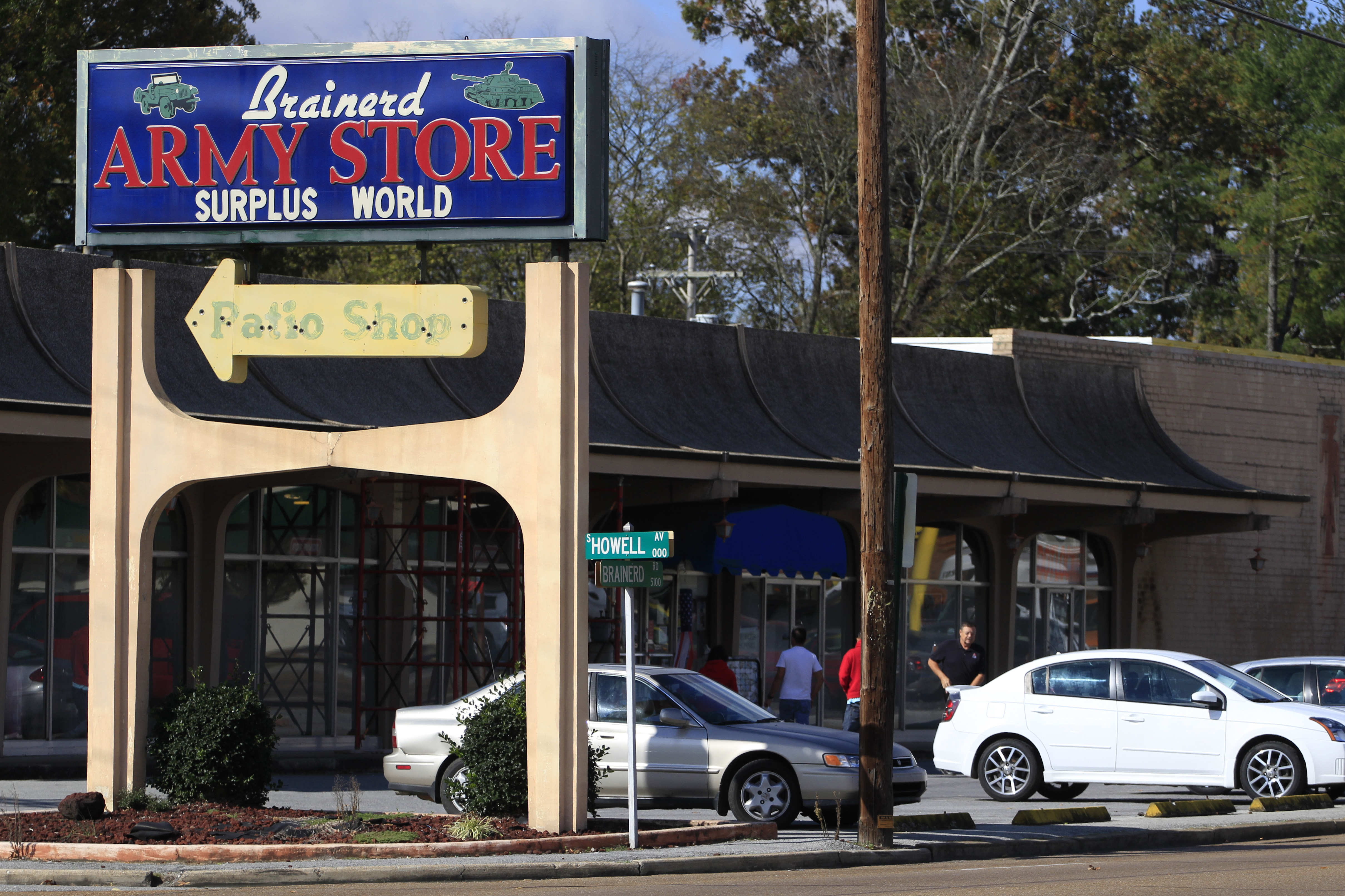A man who faces federal charges that he sold meth-making supplies out of the Brainerd Army Store could see his brother testify against him.
Terry Michael Honeycutt, 49, was in court this week to hear that he will not face a mandatory minimum sentence if convicted at his scheduled January trial on allegations he sold iodine to make methamphetamine out of the Chattanooga store owned by his father, Bill Honeycutt.
Court documents indicate that from 2009 to 2010 the brothers sold Polar Pure, a water disinfectant that contains iodine, knowing that the chemical would be used to make meth. Iodine is a key ingredient in certain meth-manufacturing techniques.
Defendants in 14 federal meth-related cases prosecuted since 2009 here indicate that at least one of their sources of iodine was the Brainerd Army Store.
At least 93 people were convicted in those cases, receiving prison sentences ranging from three to 30 years, according to court records.
Honeycutt's brother, Tony Dewayne Honeycutt, was also charged in the Nov. 27, 2012. He pleaded guilty to a single charge of conspiracy to possess meth-making materials and faces sentencing Monday.
As part of plea agreements in federal court, defendants often are required to testify or offer assistance to prosecutors and investigators.
Terry Honeycutt's attorney, Chris Townley, said after Wednesday's hearing that he expects his client Honeycutt to testify in Michael's trial, now set for Jan 21.
Federal prosecutor Scott Winne, who attended the hearing, declined to comment on specifics of the case.
Terry Honeycutt had faced a minimum of 10 years in prison if convicted on one of the indictment's 14 counts. But prosecutors amended the charge, removing the mandatory minimum. Now he could be sentenced to up to 20 years if convicted, but with no minimum he'll likely face much less time.
Townley speculated that the amendment might be related to a new policy announced this year by U.S. Attorney General Eric Holder that federal prosecutors would not seek mandatory-minimum sentences for "certain low-level nonviolent drug offenses."
The federal government also asks that Honeycutt forfeit $269,751 as proceeds of the meth-making material sales, according to court documents.
Townley said Wednesday that the Brainerd Army Store is not being sought as part of the forfeiture.
In a May hearing before U.S. District Court Judge Harry S. "Sandy" Mattice Jr., Townley argued that the charge itself was unconstitutionally vague and asked for the identities of alleged iodine buyers whom prosecutors may call to testify against his client.
Mattice denied Townley's attempt to dismiss the charges as vague. The judge also denied his request for the identities of the buyers.
An undercover DEA agent, identified in court documents, participated in at least one of the buys.
In the same hearing, prosecutor Jay Woods hinted at the evidence and work that's gone into the case.
"We conducted a massive amount of surveillance on this store during the course of this investigation," Woods said. He added that the DEA agent could testify to that.
Contact staff writer Todd South at tsouth@timesfreepress.com or 423-757-6347. Follow him on Twitter @tsouthCTFP


